No one enjoys the thought of surgery and going under the knife, even to have varicose veins treated. However, in case of some individuals, particularly when the veins are huge, coiled, and cause a lot of pain, vein stripping remains a desirable alternative. Nowadays, due to newer strategies, it is not that common anymore, but it still functions, and perhaps, your doctor has advised it, and now you may be wondering what should happen next. In particular, what is going to be the time it will take to bounce back?
So, What Is Vein Stripping Anyway?
Simply put, vein stripping is a method in which the damaged vein is removed by the physician using incisions, which commonly occur on the leg. Do not be afraid of this; it is done under local or general anesthesia, and you will have no sensation of pain in the process. Although it has been known to be performed and may be preferred at the moment due to the use of less invasive methods, such as laser or foam sclerotherapy, vein stripping does come in handy if the veins are too large or bulging. It is more of a traditional approach, yet still, very effective when there is a necessity.
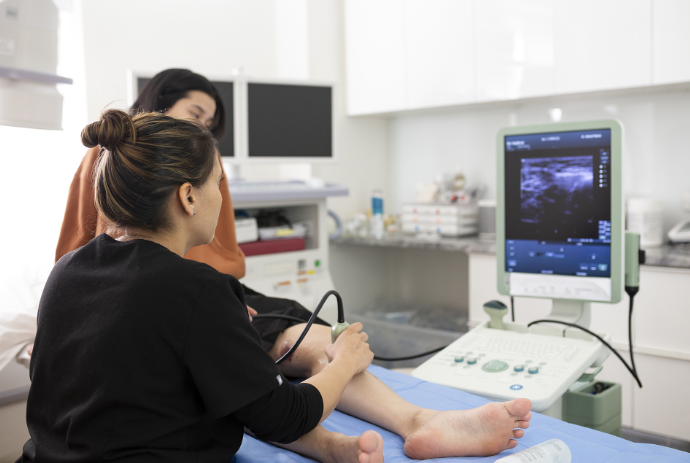
Who Do You Go To?
You need somebody who is the real expert on veins. By this, a vascular surgeon or vein specialist, also called a phlebologist, will usually be visited. These physicians specialize in the vascular and venous needs. In case you are undertaking a local search, find a local trusted California vein experts in your area. They are not short on options now, as the person is in California. There are numerous vein specialists in California who deal with standard and innovative therapy. It is easy to find a reference to vein treatment California, whether it is in LA, San Diego, or even in a smaller city.
What About Recovery—Will I Be Out for Weeks?
Not in the least. The majority of them can walk within a day and go home on the same day. You may experience soreness or observe bruising at the cuts that were performed. That is usual, and it should pass in a week or two. Saying that, the recovery period may be 2 to 4 weeks.
You can also expect to have to wear compression stockings, elevate your legs, and maintain light lifting a little bit. It is not very tricky when you are following some guides and doing it with ease.
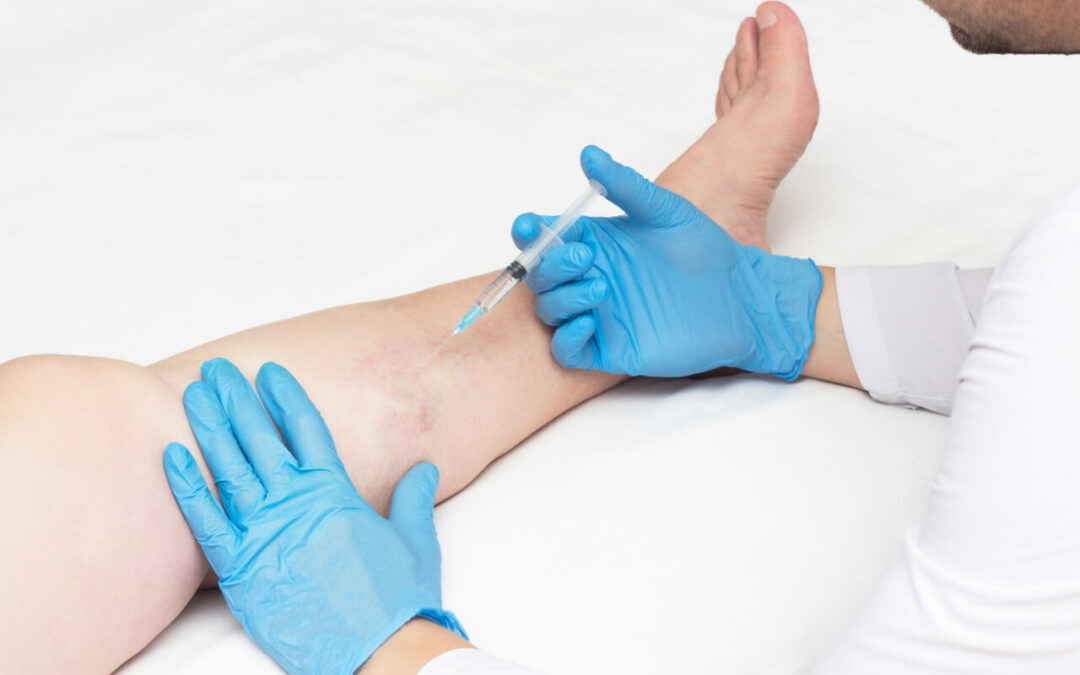
What’s It Going to Cost?
This also depends a lot on your insurance and the place where you receive the procedure. Most insurance companies are very likely to cover it, especially when your varicose veins are causing pain, swelling, and other medical complications. It may not be covered, though, in case you are doing it purely because you want to look beautiful. Being cautious in advance is a good idea. In case you have any doubts regarding the cost of the treatment process, you would rather take a consultation session and be aware of how much does it cost to get your veins stripped? This will assist you in having your budget finalised.
California Has You Covered
Throughout the state, especially in areas like Beverly Hills and Bakersfield, we have many vein clinics. Certain best-rated vein treatment centers have both surgical and non-surgical treatment choices. Not quite sure how to get started? A good place to start would be by researching California vein experts or simply asking your primary care provider to provide a referral.
Final Thoughts
It may not be in as a trend to have vein stripping, but when done correctly, it does, and the healing is not as bad as you would imagine. When you are willing to take the pain veins out of the way forever, make an appointment with a vein treatment center and discuss it. And finally, it is obligatory that you should know the answer to the question, what kind of specialist treats varicose veins? The road to healing starts with a single step, preferably in comfy socks and compression stockings.
Dealing with varicose veins and don’t know what to do? Consider consulting a vein treatment specialist. These conditions, while often cosmetic, can sometimes lead to discomfort, pain, and, in more serious cases, complications. However, there are many treatment options that can help you get rid of this condition. Here in this article, learn how to find the vein treatment near me, what kind of doctor treats varicose veins, and what a vein specialist is called.
What Kind of Doctor Treats Varicose Veins?
If you have varicose veins, you may wonder which type of doctor treats them. The answer depends on the severity of your condition, but generally, a vein specialist is the most qualified professional to treat your veins.
A vein specialist can be a phlebologist, a doctor who focuses specifically on vein health, or a vascular surgeon, a more general specialist in blood vessels and veins. Both types of doctors are skilled in diagnosing and treating vein conditions, but phlebologists typically focus on less invasive treatments for issues like varicose veins and spider veins. Vascular surgeons, on the other hand, may be called upon for more complex or severe cases that require surgery.
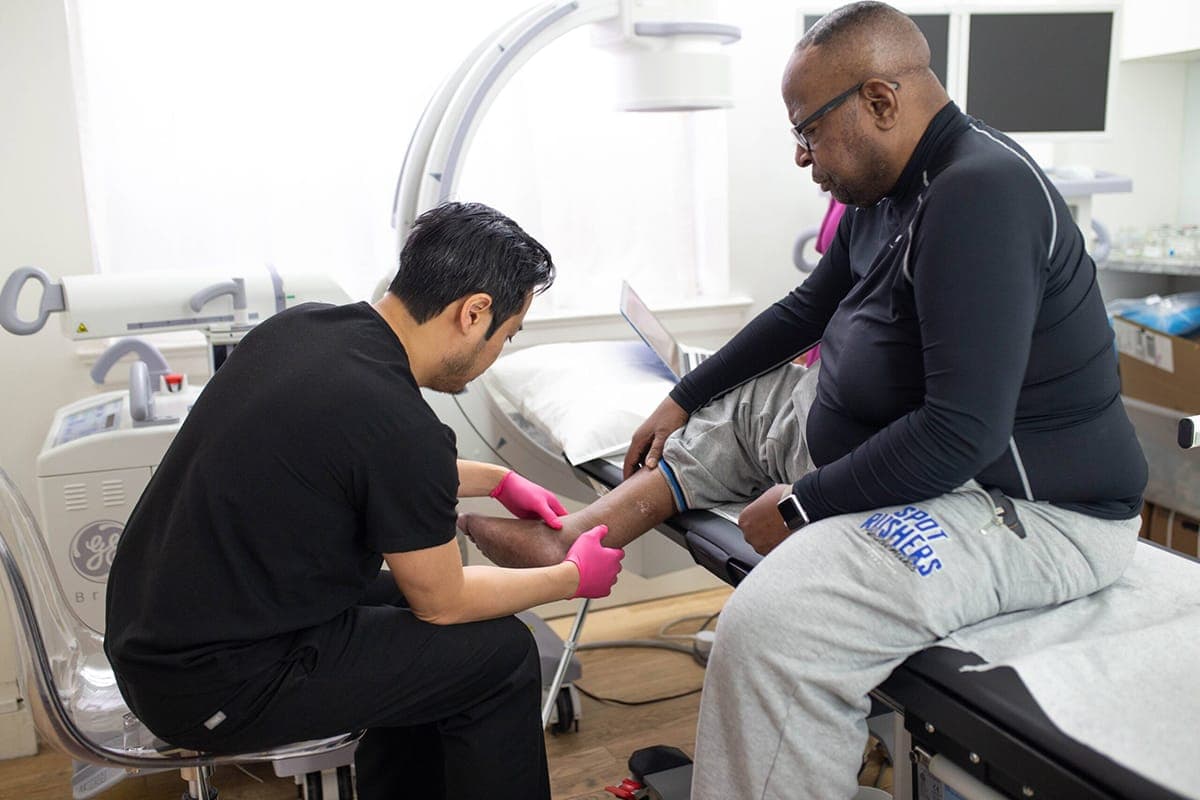
What is a Vein Specialist Called?
When you search for a professional to treat your vein problems, you may come across the term vein specialist. But what kind of doctor treats varicose veins? The most common term is phlebologist. A phlebologist is a doctor who specializes in the diagnosis and treatment of venous diseases, such as varicose veins, spider veins, and other vascular conditions. They are experts in non-surgical treatments, such as sclerotherapy and laser therapy, which are often used to treat less severe cases of varicose veins.
In addition to phlebologists, some vascular surgeons also treat veins, particularly when the issue requires more advanced medical procedures. They are trained to perform surgeries such as vein stripping or other surgical interventions for more serious vein conditions.
How to Find Vein Treatment Near Me
Finding vein treatment near me is easier than you might think, especially if you live in a large city or a metropolitan area. Many vein treatment doctors and clinics offer consultations and specialized care to address vein conditions. If you’re unsure where to start, here are some tips to help you find the right doctor:
Begin with an Internet search:
Search on search engines for vein treatment near me. You may also visit review sites or consult with friends or family who might have received a similar treatment. The reviews may provide you with a clue about the quality of care, professionalism, and outcomes that patients encounter.
Check Your Main Care Physician:
A primary care doctor can be a good starting point in case you have one. They can either direct you to a competent vein treatment physician or guide you on how to receive care. They are also able to appraise your situation in terms of your veins and also guide you on whether you require the attention of a specialist.
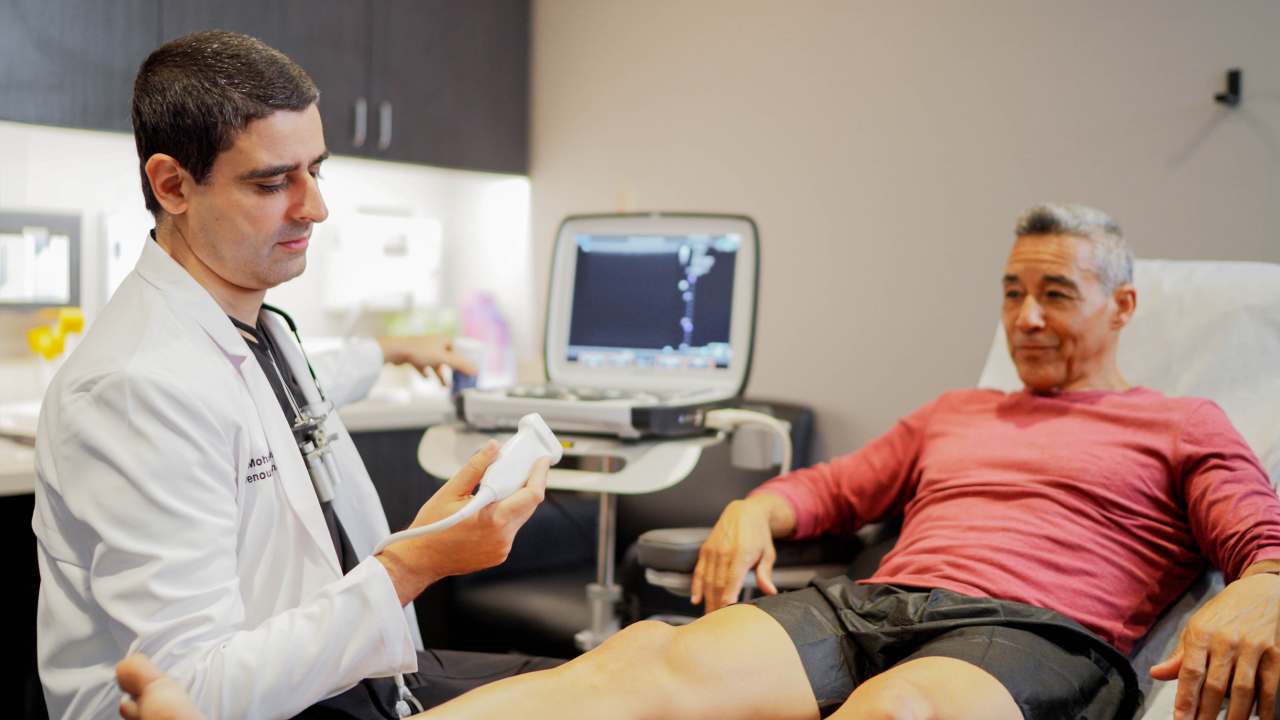
Seek accreditations and practice:
Also, ensure that the doctor you want is either certified in phlebology or vascular surgery. Most vein treatment specialists are also familiar with new techniques of treatment, like sclerotherapy, laser treatment, and endovenous laser treatment (EVLT). You desire someone who keeps up with new technologies and practices.
The Main Point to Note: Consultations:
Find and identify a couple of specialists and make an appointment. This will enable you to speak out about your symptoms and understand how he approaches them, as well as get a sense of how he conducts his work. Not a bad idea to know how they have tackled the issue of varicose veins and what they believe could be done to your condition without experimenting on surgery, or at least suggest surgery.
In Conclusion
Varicose veins can be irritating and even painful at times, so you likely need treatment. There are a variety of treatment options available that will help alleviate vein diseases. Furthermore, to make appropriate assessments of things such as costs and the right treatment for your specific conditions, you must first understand what is a vein specialist called and what treatment options are available?".
Take the first steps and find a qualified vein treatment doctor near me and begin your treatment today.
Health issues that can arise due to vein issues are numerous; in particular, these include varicose veins and spider veins. This has a significant impact on the population worldwide, and spider vein treatment is essential to prevent further damage. In addition, these not-so-appealing veins can be uncomfortable and embarrassing. However, this may also have significant effects on health. Therefore, when you want to seek the services of a vein treatment specialist to handle your spider veins, you should ensure that you are aware that the treatment is effective, as well as what the treatment entails.
What is a Vein Specialist Called?
If you're experiencing issues with spider veins, you may be wondering, "What is a vein specialist called?". Vein specialists are typically referred to as phlebologists, but some vascular surgeons also have an interest in treating and diagnosing vein diseases. Phlebologists undergo advanced training in the identification and management of vein-related conditions, including varicose veins and spider veins.
What Are Spider Veins and How Are They Treated?
Spider veins are tiny, thin veins that are seen near the surface of the skin, often resembling a net or tree branches. They take the form of red, blue, or purple variants, and they usually occur on the legs, face, and other body parts. Although spider veins are mostly harmless, they can also cause cosmetic concerns and discomfort.
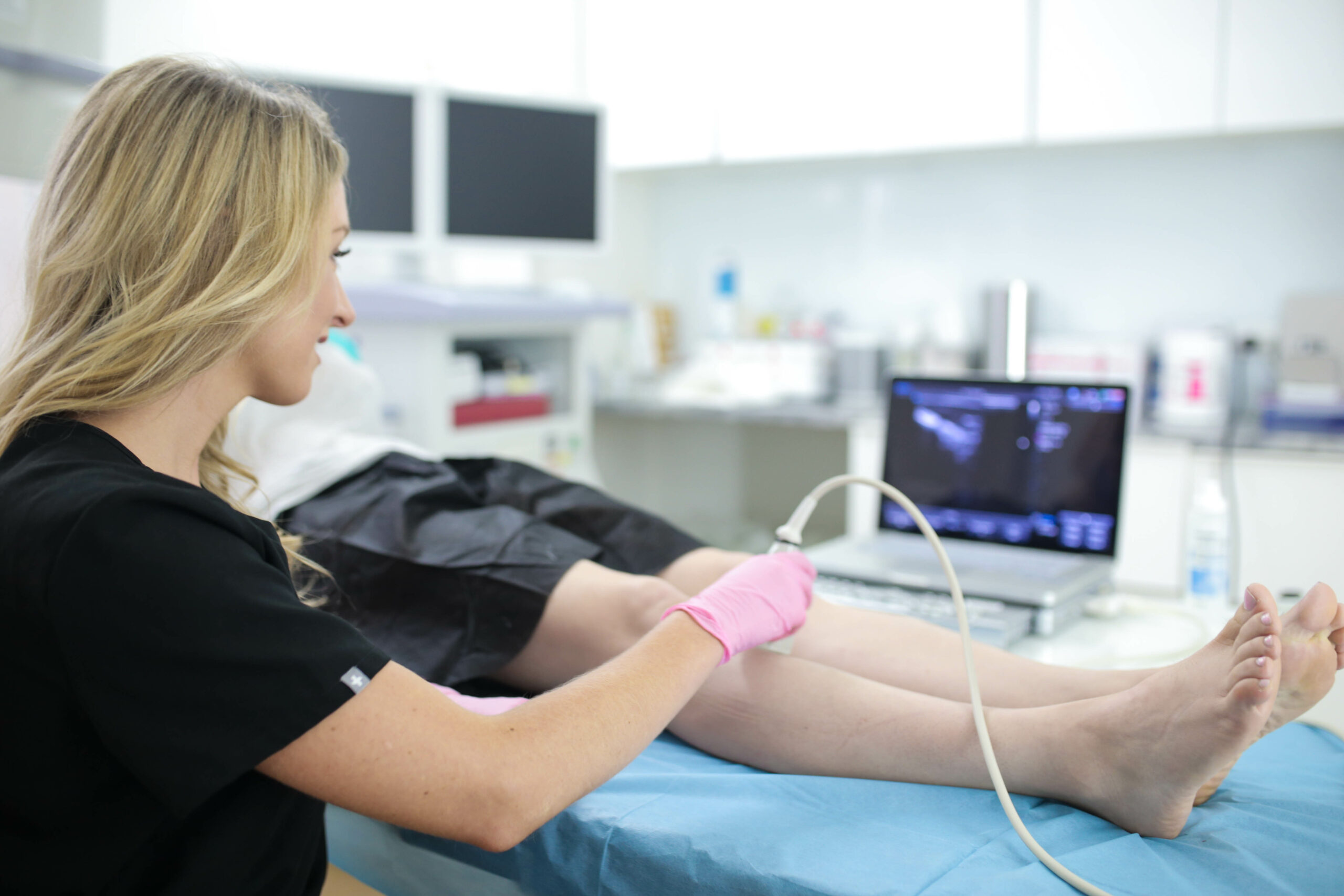
Sclerotherapy:
It is the most common and preferred form of getting rid of spider veins. It entails the injection of a solution into the affected veins, and they would collapse and diminish with time. Sclerotherapy represents a minimally invasive procedure that does not require anesthesia and is most of the time conducted as an outpatient procedure.
Laser Therapy:
Treatments with lasers make use of focused light to block the veins. Heat of the laser destroys the veins, shrinking them and making them invisible. Smaller and hard-to-reach veins are candidates for laser treatment, which tends to be applied more frequently than sclerotherapy.
Endovenous Laser Therapy (EVLT):
EVLT is usually applied to bigger varicose veins, although spider veins that are caused by certain factors can also be reduced. It entails the process of inserting a laser fibre inside the vein and irradiating the vein with the laser to close it. The vein is later absorbed.
Radiofrequency Ablation (RFA):
It is yet another minimally invasive procedure that involves the use of heat to treat veins. The vein is closed using radiofrequency energy by inserting a catheter into the vein. The vein is later taken in by the body as it reacts with time.
Does spider vein removal really work? Various procedures remove spider veins, and success is usually attained within weeks and months of the process. But spider veins can develop over time, and additional treatment may be required to achieve the long-term effect.
Does Spider Vein Removal really work?
Patients often ask one of the most frequently asked questions: "Does spider vein removal actually work?" The response to this is yes, treatment of the spider veins is highly effective, most of the time. To treat it, proper and effective medical technologies have become available, as well as to treat the problem in question, as provided by the specialists in this sphere nowadays, with the help of modern medical technologies, making it possible to achieve great change in the way things look when the victim is treated.
Nevertheless, although spider vein removal is quite effective, the operation does not promise that you will never have spider veins in the future. Various factors such as age, genetics, and lifestyle choices (e.g., prolonged sitting, standing, or lack of exercise) can contribute to the development of new veins over time.
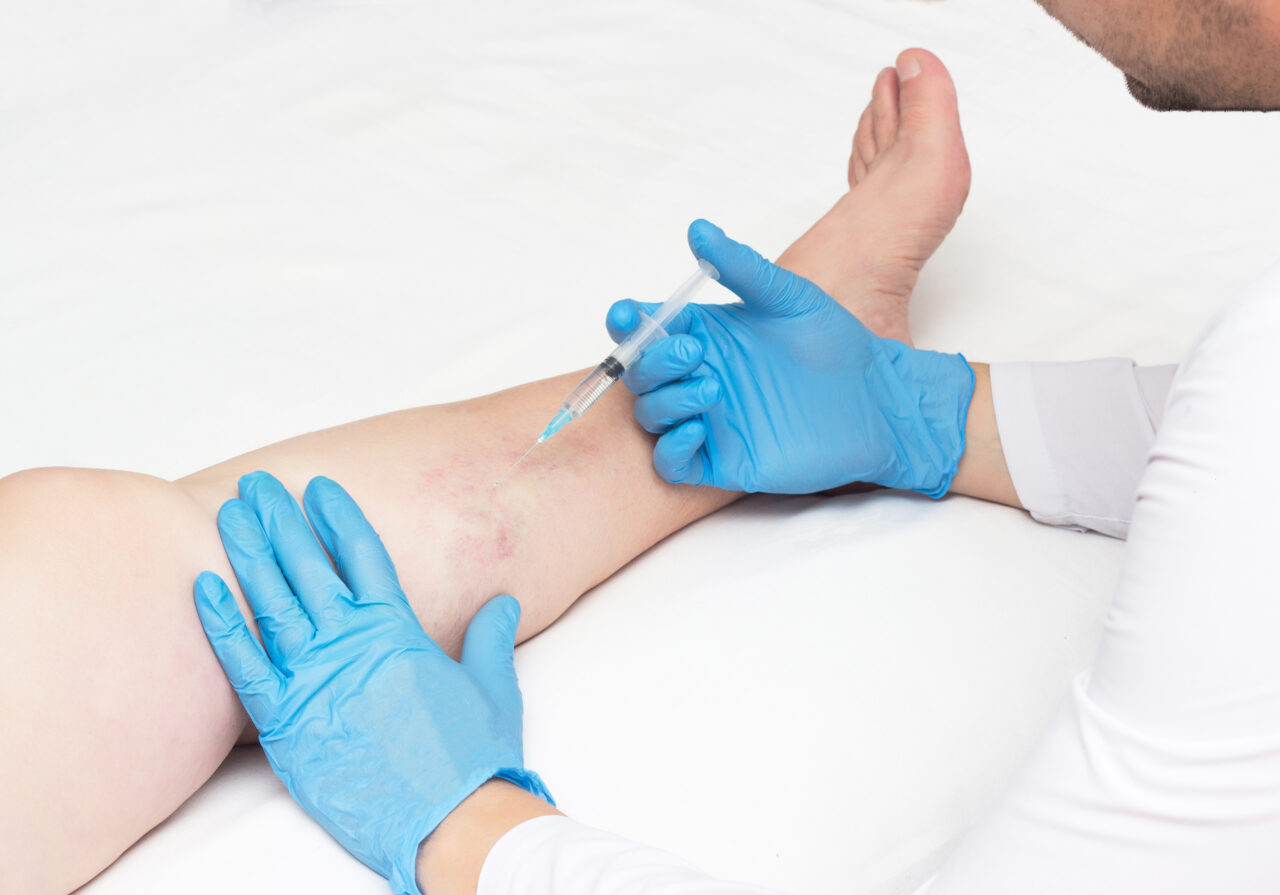
Finding a Vein Treatment Specialist in California
When choosing a vein treatment specialist in California, it's important to:
Check Qualifications: Look for a specialist who is board-certified in phlebology or vascular surgery.
Research Patient Reviews: Reviews from previous patients can provide valuable insights into the quality of care you can expect.
Consultation: Schedule a consultation with your doctor to discuss your concerns and determine the best-suited treatment option that best suits your needs.
In Conclusion:
Vein treatment California has advanced significantly in recent years, and the removal of spider veins is now more effective than ever before. If you're considering treatment, consulting with a vein specialist can help you explore your options and determine the most suitable treatment for your condition. Therefore, it is crucial to visit a vein specialist California who has years of experience and understands your condition.
Don’t let vein issues affect your quality of life—explore the many effective treatments available, and take the first step toward healthier, more beautiful legs today!





